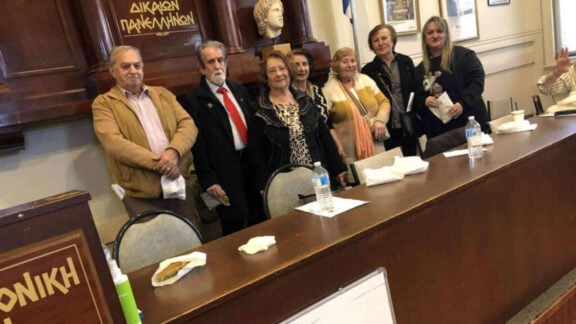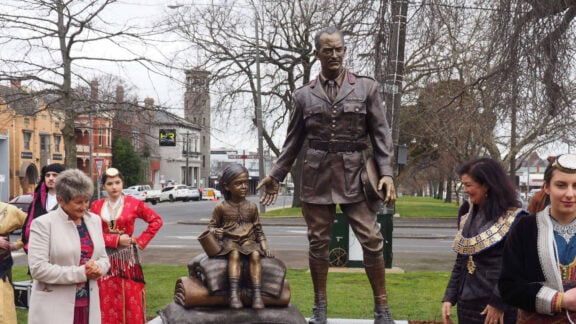Such questions are hard indeed to answer with any certainty. The American Civil War (1861-1865) hedged on a number of issues, and not least among them was the role of Southern cotton in the world economy. British, French, and (northern) United States mills depended on the unimpeded flow of “white gold” from the Deep South plantations, and much of New York, London, and Paris capital was tied in one manner or another with the cotton to textile supply chain. In 1860, cotton accounted for 60 percent of American exports.
Many Southern politicians felt confident that a disruption in cotton supplies, either via a Southern self-embargo or a blockade by the substantial Northern navy would result in Britain and France recognizing the Confederacy and using force to break the Northern blockade. As one South Carolina Senator, — Hammond put it: “No sane nation would make war upon cotton . . . Cotton is King.” The South in 1860 represented 75 percent of world production, and further the South was the most intensely capitalized cotton production area.
This was the ace that the Southerners felt they held in an otherwise poor hand. The South was far poorer than the North, with a far smaller population, with much less railway track and an industrial and financial capacity tiny by comparison to the North, already a global industrial and financial powerhouse by the 1850s. Further, though Western Europe and the North had profited very well from the slave-driven cotton economy, the tide of revulsion against the evil of slavery was reaching new heights.
All the Southerners had to do, so their logic went, was to hold out against a Northern invasion until the bite of cotton famine began, and in this they trusted in their military tradition and officer corps.
The Diaspora “Angle”
The spectacular growth of the American economy in the 1800s due to westward expansion, and, crucially (and often deliberately overlooked) the slave economy brought huge inward investment and, particularly in the North, a wave of primarily British, Irish, German, and Scandinavian immigrants. The Southern and Eastern European wave, which of course included the vast majority of Greek Americans, would not come until the close of the 1800s.
That said, there were small numbers of Greeks in the United States. Even before Greek independence, Hydra and Spetses ships visited American ports periodically and in the aftermath of the Greek War of Independence, a small cadre of (primarily) Greek war orphans arrived in America. However, as the American cotton economy took off in the 1830s and 1840s, another type of Greek arrived.
This Greek was usually the scion or employee-relative of a large Greek merchant house, with roots usually in the island of Chios. These “houses” had branches throughout the Mediterranean and Black Sea basins, but also, increasingly, in Britain, France, North America and even India. Cotton is intensely cultivated in Greece and Asia Minor, so Greeks had expertise with the fiber. Most crucially for this discussion, Greeks were ubiquitous in all aspects of the Egyptian economy, including its growing cotton production.
For these merchants, America was a frontier, a lucrative one where the Greeks were important yet small players in the cotton trade. Their discreet, global family-kinship economic networks, backed by a growing merchant marine had established a respectable presence in New Orleans, Memphis, Charleston, and New York.
More important that their economic presence, perhaps, was the political and commercial “intelligence” they gathered. The secession crisis was sure to impact business, and many Greeks in New Orleans and elsewhere left the South, often directly to Alexandria. Those that remained would establish the first Orthodox Church in the United States, in 1866.
Several New Orleans Greeks moved to Alexandria, where they used their market intelligence and expertise, together with the latest cotton gins, to foster a rapid growth of Egyptian cotton. As early as 1839, Greeks controlled one third of the Egyptian cotton trade, but with the clear prospect of a Southern supply disruption, their efforts went into overdrive. Egyptian cotton production increased fourfold during the Civil War years, along with analogous production increases in the Ottoman Empire, Brazil, and India, as a globalized, financialized economy adjusted in ways not anticipated by the Southern politicos.
It is likely an exaggeration to suggest that the Greek Diaspora merchants alone altered the course of the American Civil War, a complicated struggle with so many tipping points. That said, Confederate diplomats clearly counted on a “Cotton Famine” to precipitate an Anglo-French intervention. This did not occur in spite of the major hardships due to disrupted supplies. Though the transition was painful, the globalized economy did adjust, and alternative supplies were developed.
What is certain is that in this adjustment, the globally savvy yet discreet Greek merchant houses played a key and asymmetric role. These houses were actors in the global economy whose cosmopolitan outlook, trust networks, and skill sets produced asymmetric results. Beyond the interesting subtext of history, the story is also a recipe of what can be done by a small group of culturally integrated, cosmopolitan individuals with aligned trajectories.









